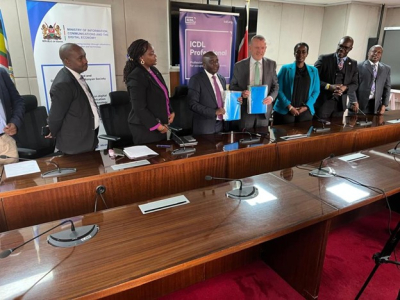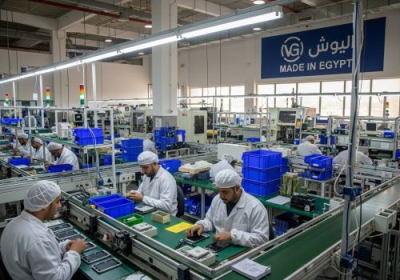• Government unveils 12 flagship projects as part of its digital roadmap to 2030.
• Priorities include nationwide connectivity, data sovereignty, digital ID, and cashless payments.
• Plans also target cybersecurity, AI adoption, IT talent development, and digital literacy.
Burkina Faso has set out a digital transformation roadmap with 12 major projects aimed at accelerating its shift to a modern economy and improving governance. The plan was presented on Monday, August 25, during a government seminar on digital transformation under the theme On the Road to 2030 (En route pour 2030).
The first initiative targets the elimination of “white zones” to ensure nationwide connectivity. It also seeks to repatriate and secure all sensitive data under the principle of “zero data abroad,” guaranteeing that national information is hosted locally. Alongside this, the government pledged to connect every public building through a “zero building unconnected” policy, and to phase out paper use in administration under the “zero paper” initiative.
Digital financial transactions form another central pillar, with the “zero cash” plan aiming to make all public payments cashless. Cybersecurity has also been elevated as a national priority through the “zero unprotected critical infrastructure” program to guard against cyber threats. To support these reforms, authorities plan to provide every citizen with a unique digital identity to serve as a gateway to public and financial services.
Inclusivity is another key goal. The government aims to ensure equal access to public digital services, including in rural areas, while building a critical mass of IT talent through training programs for youth and professionals. Improving telecom quality and access is seen as essential for fostering innovation.
Artificial intelligence also features in the agenda, with plans to use AI in priority sectors such as education, health, and security. The government further intends to promote digital literacy to prepare the population for full participation in the new economy.
These 12 projects build on the National Strategy for the Development of the Digital Economy (SN@DEN), designed to make digital technology a driver of modernization. According to the Electronic Communications and Postal Regulatory Authority (ARCEP), active SIM cards across the three mobile networks reached 27.36 million in the second quarter of 2024. At the same time, 18.94 million subscribers had internet access via mobile technologies, confirming the central role of connectivity in the country’s digital transformation.
While these figures show progress, the success of Burkina Faso’s digital transformation will depend on how effectively the government implements the 12 projects in a coordinated and inclusive manner. This approach is expected to help the country harness digital technology as a lever for economic growth, administrative efficiency, and social inclusion.
Samira Njoya



















